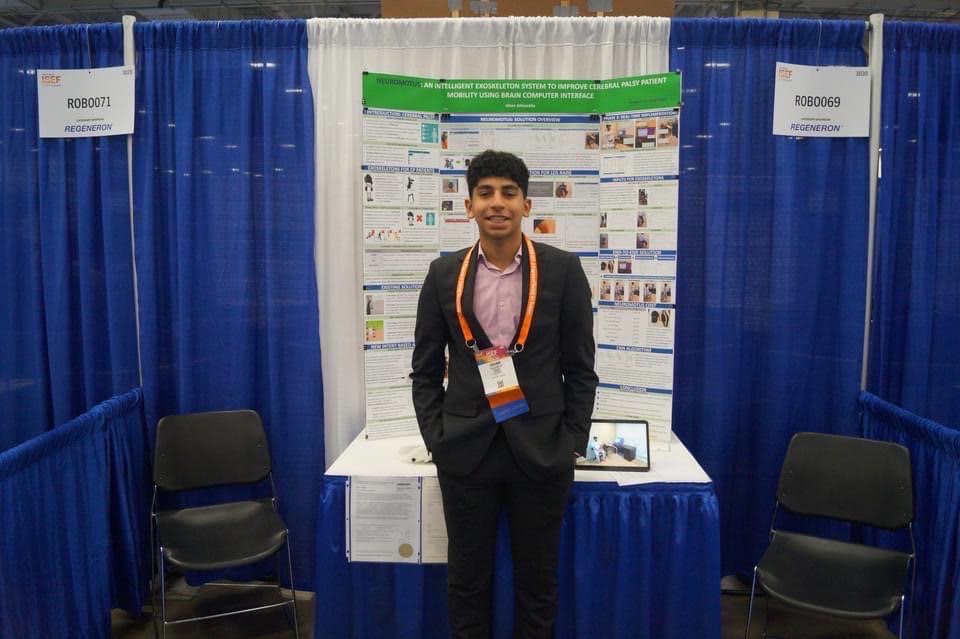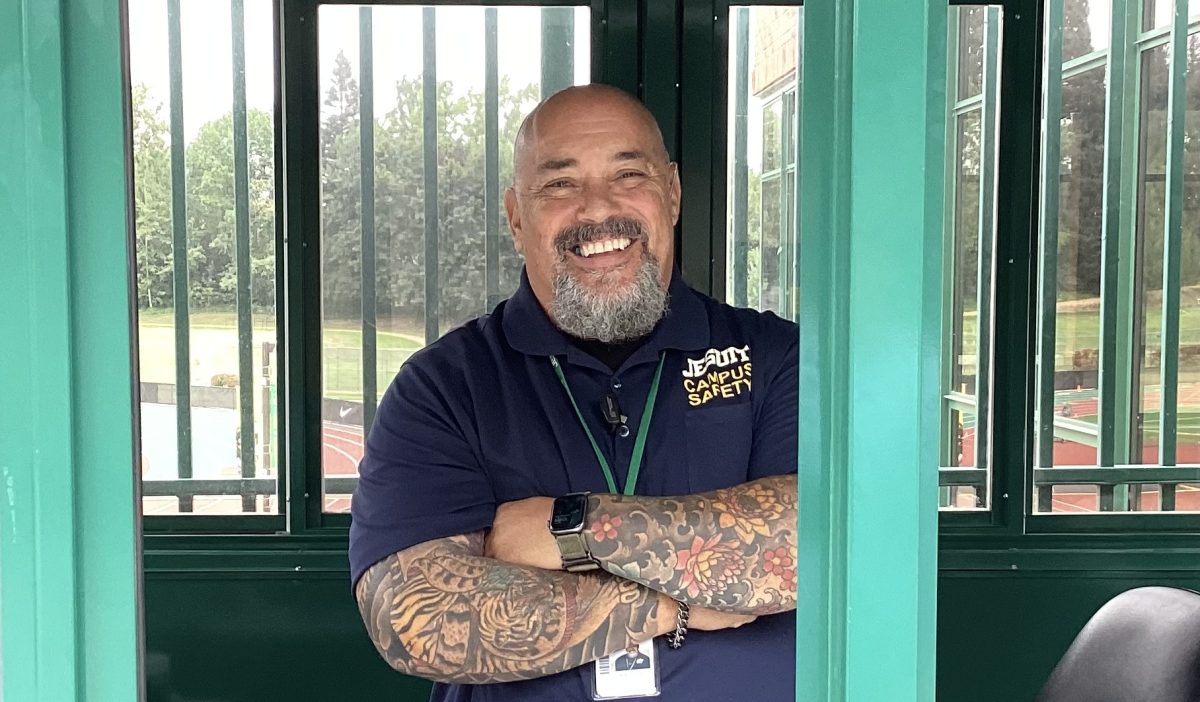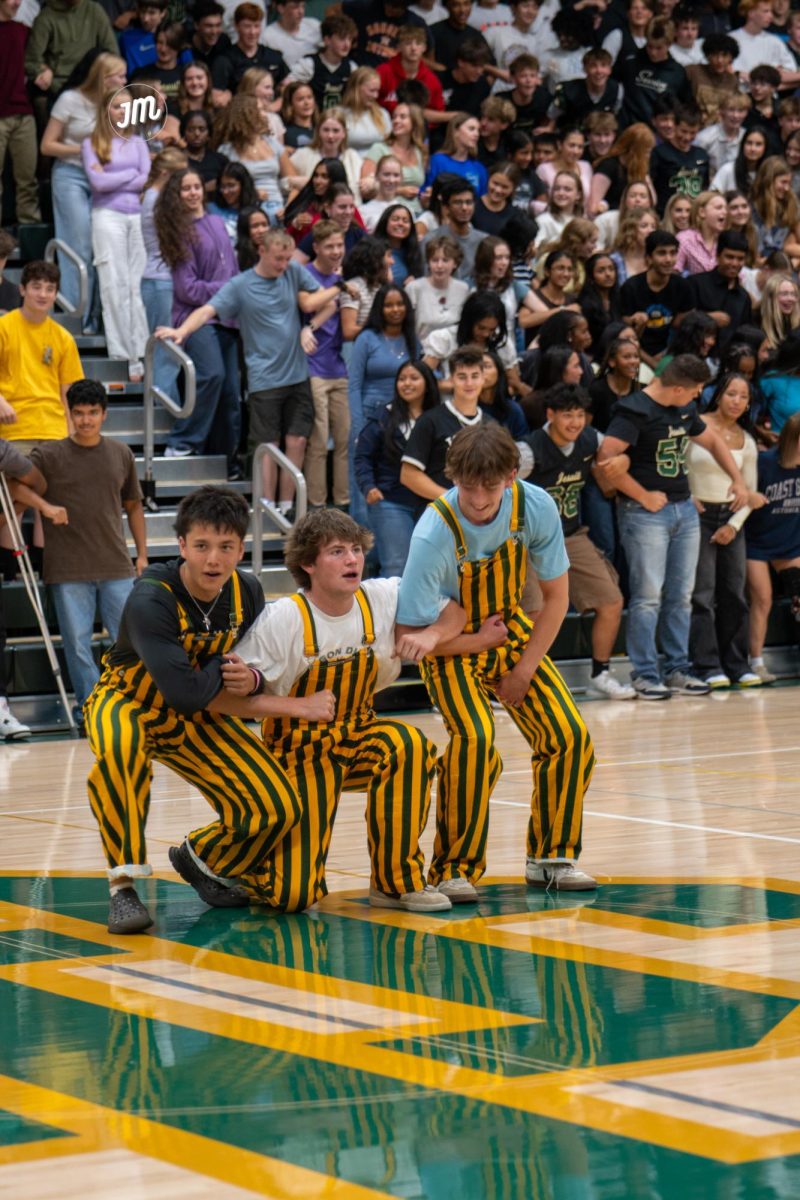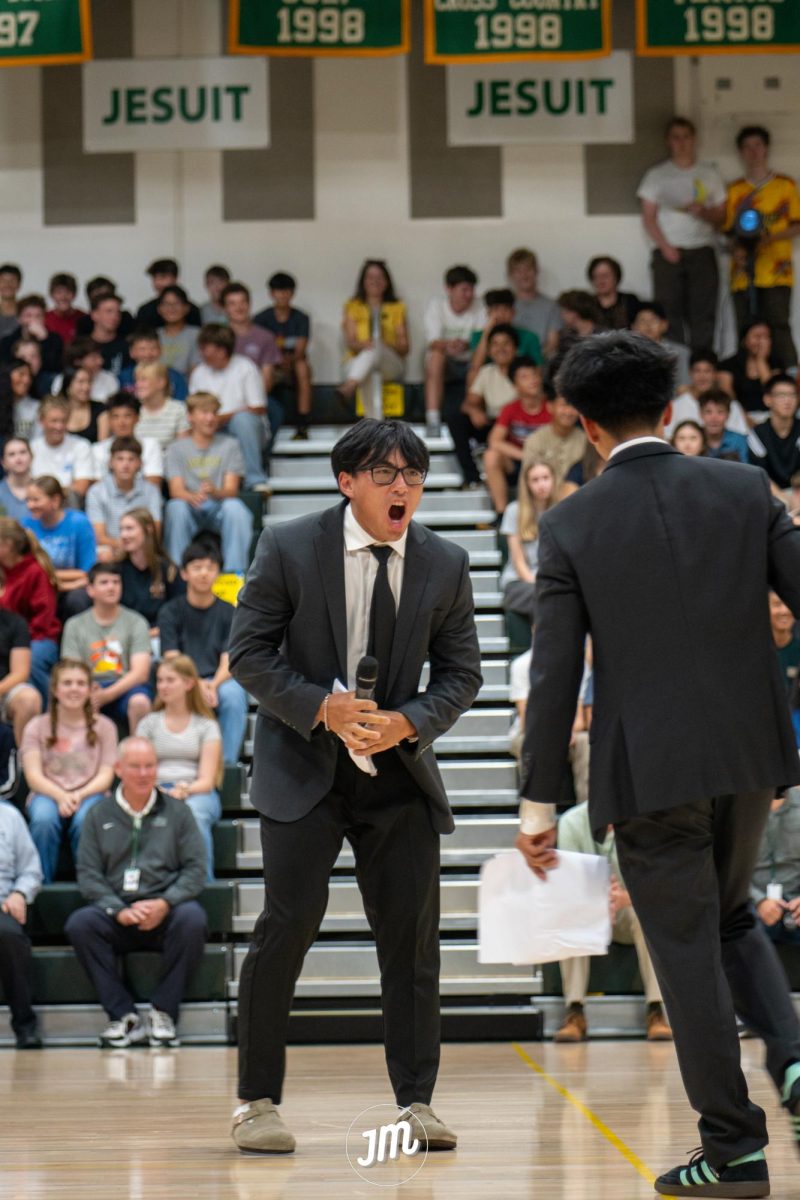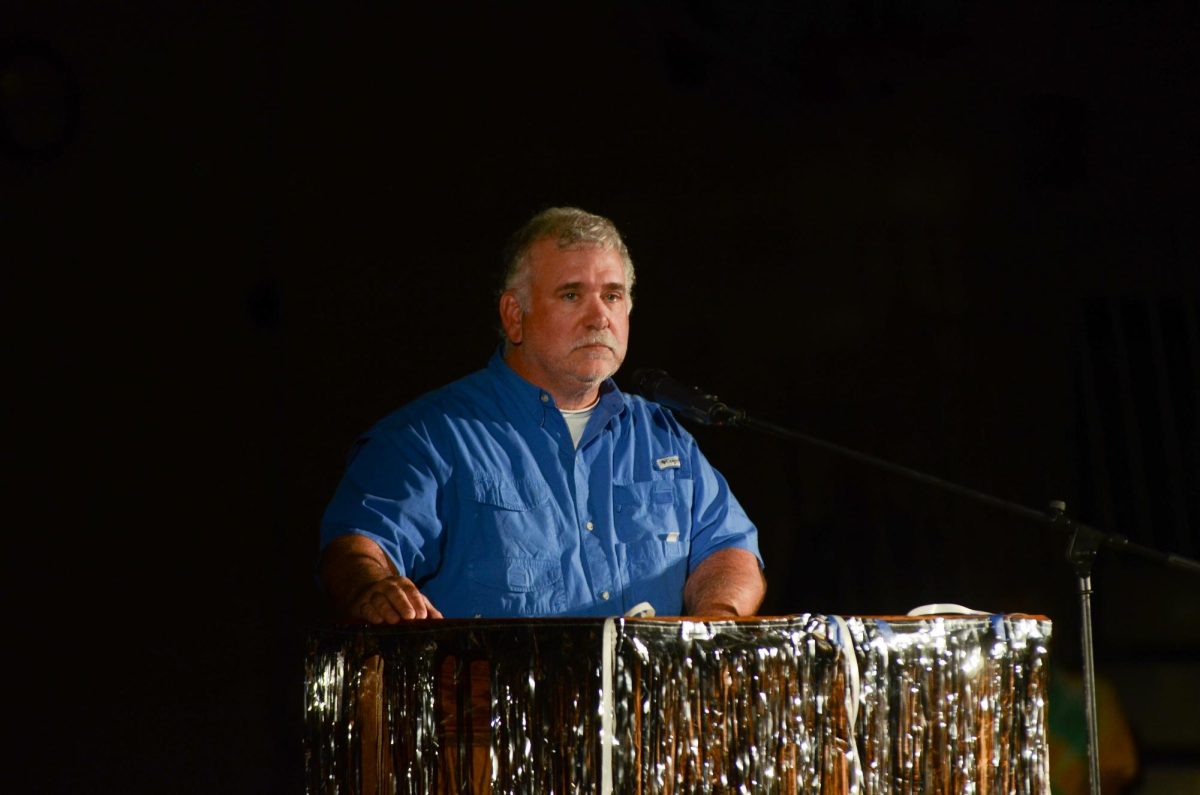Cerebral palsy, a group of neurological disorders stemming from damage to brain development, affects nearly 17 million people worldwide. Conditions include speech disorder, muscle spasms, paralysis, and more.
While there is no cure to these conditions, senior Ishan Ahluwalia wondered if there might be a way to address some of them through robotics.
“My project started a couple of years ago after an internship with Biomotum, a robotics rehabilitation company. I’ve created a system that captures, deciphers, and feeds brain signals to an exoskeleton which then gives the user the ability to control their own movements,” Ahluwalia said.
Ahluwalia’s device is non-invasive, meaning it does not go into the brain. Instead, the device is placed across the middle of the user’s head, where it encodes the brain’s electrical signals using electrodes. The information is then sent to an exoskeleton or mobility device which in turn moves the user’s limbs.
Not only did Ahluwalia develop the system to decipher the user’s desired movements, but he also built his own exoskeleton.
“I created a mock exoskeleton that could be used for patients, but my system can also be applied to any different exoskeleton that already exists,” Ahluwalia said.
Ahluwalia’s work did not go unnoticed. Of the nearly 7 million high school students who participate in science fairs across the globe, Ahluwalia was selected as one of 1,800 to go to the Regeneron International Science and Engineering Competition in 2023.
As the world’s most prestigious high school science and engineering competition, ISEF is extremely competitive, and projects stem from submarine propulsion to superconductivity.
Ahluwalia described his experience at ISEF.
“It went really well. I was able to get second place in my category of robotics and intelligent machines and I was awarded $2,000, as well as some other smaller rewards. I also won the first place Central Intelligence Agency special award, worth $1,000 dollars,” Ahluwalia said.
So what exactly does that mean?
Put simply, Ahluwalia’s system was among the top 5 robotics projects in the world in 2023.
The CIA award entails that upon further development of the project, it could be used by the Central Intelligence Agency for unspecified purposes.
In the future, Ahluwalia plans to integrate his system into the Biomotum Spark Mini Exoskeleton. He is currently working with a team of engineers at Biomotum to accomplish this.
Once integrated into their state of the art exoskeleton he hopes to revolutionize assistive mobility devices for patients with Cerebral Palsy. He is currently undergoing the patent approval process for his system.



